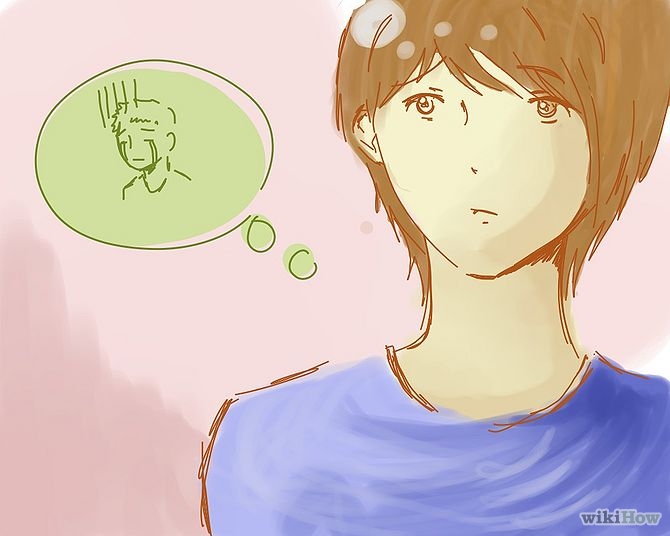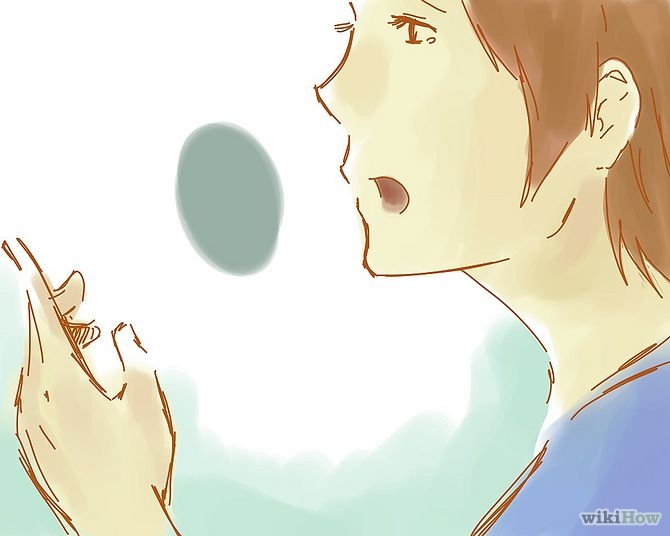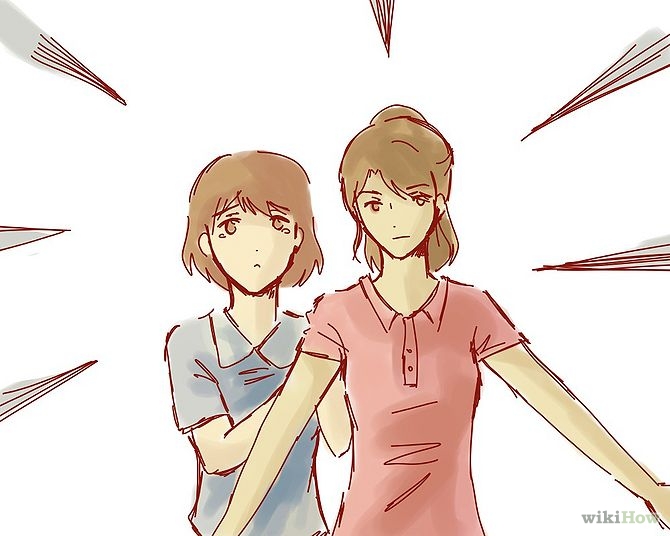How to increase empathy, part 1: why it seems so hard to
You want to improve your empathy because you’ve heard it’s fundamental to leadership, influence, and motivation, but find it hard to define, measure, or see in use, making it hard to improve or learn from others. In other words, empathy is important for working with people, but hard to learn, all the more so for those who lack it most. While I don’t pretend to be the most empathetic person, having started with little, I’ve improved a lot. I can teach you to improve yours. Today let’s see how others make it hard. The world makes learning empathy hard when it’s not. For example, searching on “What is empathy” returns pages and pages of links but searching on “how to increase empathy” returns fewer than ten relevant links, themselves barely helpful. I care about knowing how to practice empathy far more than its definition.
Problems with most lessons on empathy
Compounding the challenge is that most descriptions of empathy hover around feeling someone’s pain or other emotion most people don’t like. They rarely connect empathy with emotions we like, which would make empathy more accessible to many people.
They don’t cover empathizing with pleasant emotions
For example, nearly everyone can look at an athlete who just won a big competition, arms raised, smiling, cheering with joy and recognize they feel triumphant. If you can, you have empathy skills, probably more than you’d think from reading vague definitions or most of the “help” most pages suggest. If you can tell Michael Phelps and his teammate feel happy and triumphant in the picture below, you have empathy, probably more than you suspect. If you think they feel sad, depressed, or lonely, or can’t tell what emotions they feel, your skills in empathy may be weak.

If you can tell Michael Phelps and his teammate feel happy and triumphant, you have empathy, probably more than you suspect.
They stress sadness, loneliness, depression, and other unhappy emotions
By contrast, look at the images in the second link returned in searching on “how to empathize,” which show a mood typical for discussion on empathy. It’s only one source, but searching for images with the keyword “empathy” returns many similar images.












These pictures don’t make empathy look that inviting! They suggest empathy is more about alienation, loneliness, depression, and related emotions than anything else. Connecting empathy with them makes it sound practicing empathy will bring more of those feelings into your life. What about joy, happiness, ambition, excitement, elation, and other emotions? I would guess that someone who associates empathy with only subdued and blue emotions might not empathize well with someone feeling ambition, competition, anger, or other emotions far from them. If you connect feeling blue with empathy, you’ll feel discouraged from learning it or even showing it, even if you have strong empathy skills, if you just don’t feel like feeling like blue.
They stress neediness too
Maybe you’ve experienced it differently, but when people talk to me about empathy, they say things like “That person needs empathy right now,” meaning if I’m happy, I have to put my happiness aside and feel blue too. They suggest I subject myself to the other person’s needs. Since neediness is one of the most repellent ways for people to act, people trying to help you learn empathy by pushing you toward needy people only discourage you.
I recommend focusing on the benefits of empathy to you, the practitioner
Instead of focusing on
- Vague definitions
- Neediness
- Unpleasant emotions
like others do, I prefer to focus on
- Strengths you already have
- Emotions you like
- Benefits to yourself.
Strengths you already have and emotions you like
These two guys—Mick Jagger and Keith Richards from the Rolling Stones—look like they’re empathizing pretty well with each other. Wouldn’t you like to have fun like them? Empathy helps create fun like that.


Their fun and teamwork make empathy look inviting, even aspirational. If they were just musicians without empathy you’d expect they wouldn’t play or perform as well together. These two guys look like they’re empathizing pretty well too—with quiet confidence, teamwork, and mutual appreciation, I’d say—and I’d rather feel that way than lonely.  These pictures suggest empathy goes well with teamwork, collective achievement, and friendship. Doesn’t that sound more attractive than neediness? Well, empathizing with them, or your successful teammates, is still empathizing. Building skills is building skills. Why not build empathy with emotions you enjoy first. As your skills improve, you’ll find empathizing with difficult emotions easier. You can see there’s more to empathy than feeling for hurt people. Think of anyone showing any emotion or motivation. If you have a sense of what they feel like doing, you have a sense of empathy, meaning you have something to build on.
These pictures suggest empathy goes well with teamwork, collective achievement, and friendship. Doesn’t that sound more attractive than neediness? Well, empathizing with them, or your successful teammates, is still empathizing. Building skills is building skills. Why not build empathy with emotions you enjoy first. As your skills improve, you’ll find empathizing with difficult emotions easier. You can see there’s more to empathy than feeling for hurt people. Think of anyone showing any emotion or motivation. If you have a sense of what they feel like doing, you have a sense of empathy, meaning you have something to build on.
Benefits to yourself
Empathy helps create teamwork and everything it brings, which includes most things you can’t create or accomplish alone. Empathy improves relationships in general and your ability to influence and motivate others, at least in my experience. Sure, when people feel down or needy, your empathy helps you connect with them and then help them, but it gives you more than that. Tomorrow I’ll write about exercises you can do to improve your empathy.
Read my weekly newsletter

On initiative, leadership, the environment, and burpees